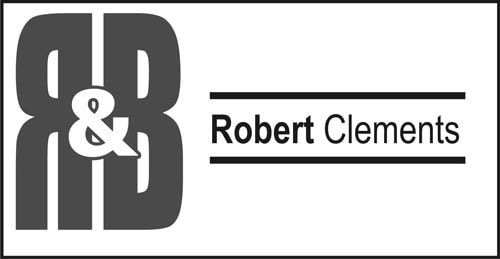IT is accurately said that it is easy to be an angel when nobody ruffles your feathers. But it seems that feather rufflers will always be around. We’re told that 19th Century German statesman Prince Otto von Bismarck once became so incensed at the criticism of a professor, that he challenged him to a duel. Protocol had it that the one challenged was to have the choice of weapons.
The professor made his choice…sausages! He sent word to Bismarck, along with a pair of sausages, that one sausage was safe to eat. The other had been poisoned with trichinae, which would cause a slow and lingering death, or at least long invalidism. He informed the prince that he should choose which sausage to eat and said he would eat the other one. Bismarck sent the message back, “I have destroyed the sausages and ask that you be my guest at dinner this evening. After due consideration I feel I may have been slightly in error. I believe an agreement can be reached.”
When others argue with us, we always have a choice. We can meet them on the duelling field, where one will clearly win and the other will lose, or we can meet them halfway and see where we could be wrong.
A funny story is told about General George Patton from his World War II days. He once accepted an invitation to dine at a press camp in Africa. Wine was served in canteen cups but, obviously thinking he was served coffee, Patton poured cream into his cup. As he stirred in sugar, Patton’s aide warned him that his cup contained red wine and not coffee.
Now if you remember, General Patton could never, never be wrong. Without hesitating he replied, “I know. I like my wine this way.” And he drank it..! Can you imagine how terrible the concoction must have tasted?
I have related both these stories because ever so often I see something of myself, and perhaps most of us, here. It is difficult to admit mistakes. It is hard to admit when we are wrong.
Three of life’s most difficult words to say are, “I was wrong.” But they are also three of the most powerful words we can utter. “I was wrong” breaks down barriers between people. It brings estranged people together. And it creates a climate where intimacy and love may flourish. You may be surprised at how positively many people respond to the words, “I’m sorry, I was wrong”!
Naturally, it is a risk. But to admit when you are wrong is not to confess that you are a “bad” person, simply an honest one, and true friends will appreciate you for it. It takes guts but try it..!
—Email: [email protected]










